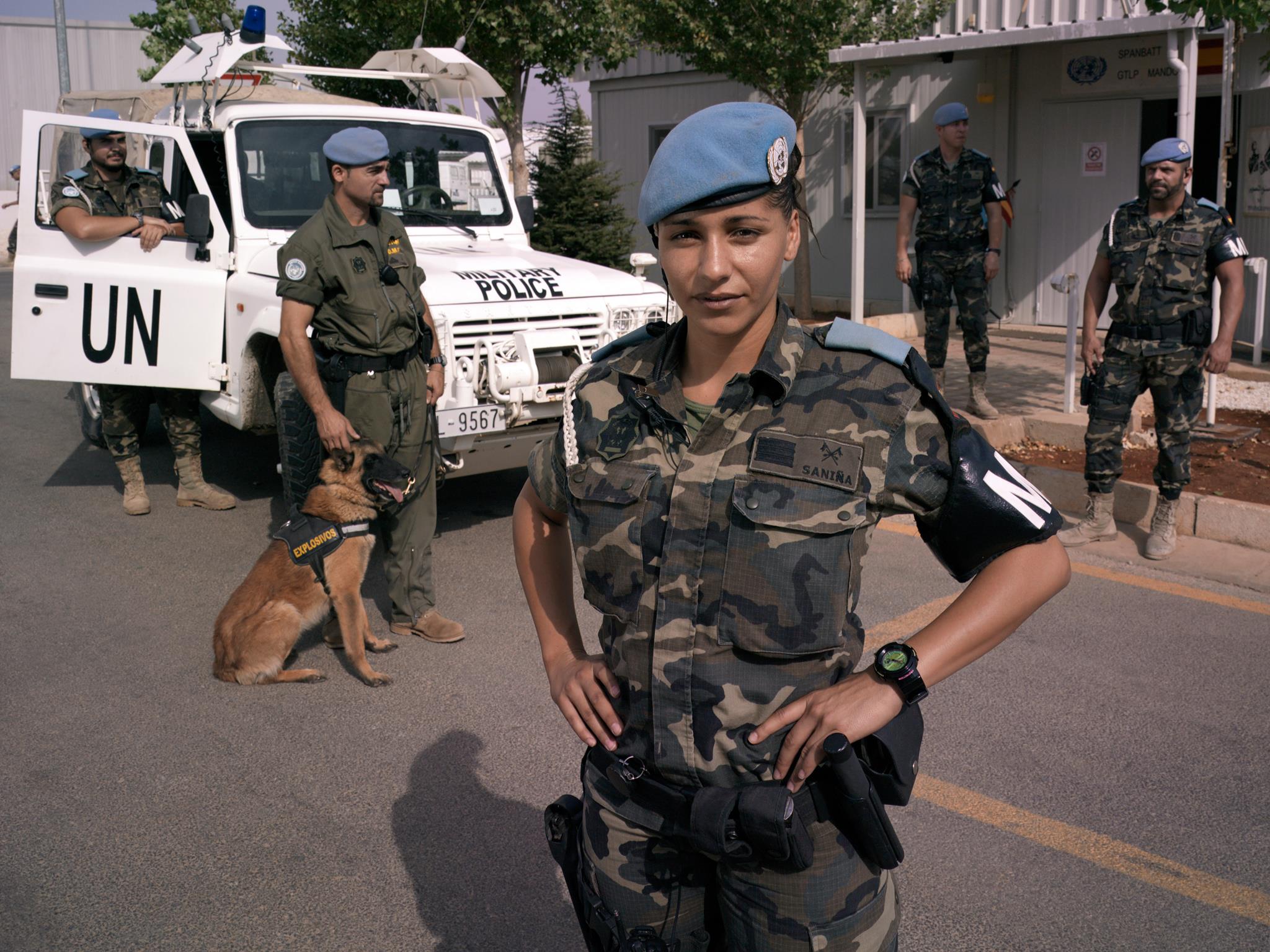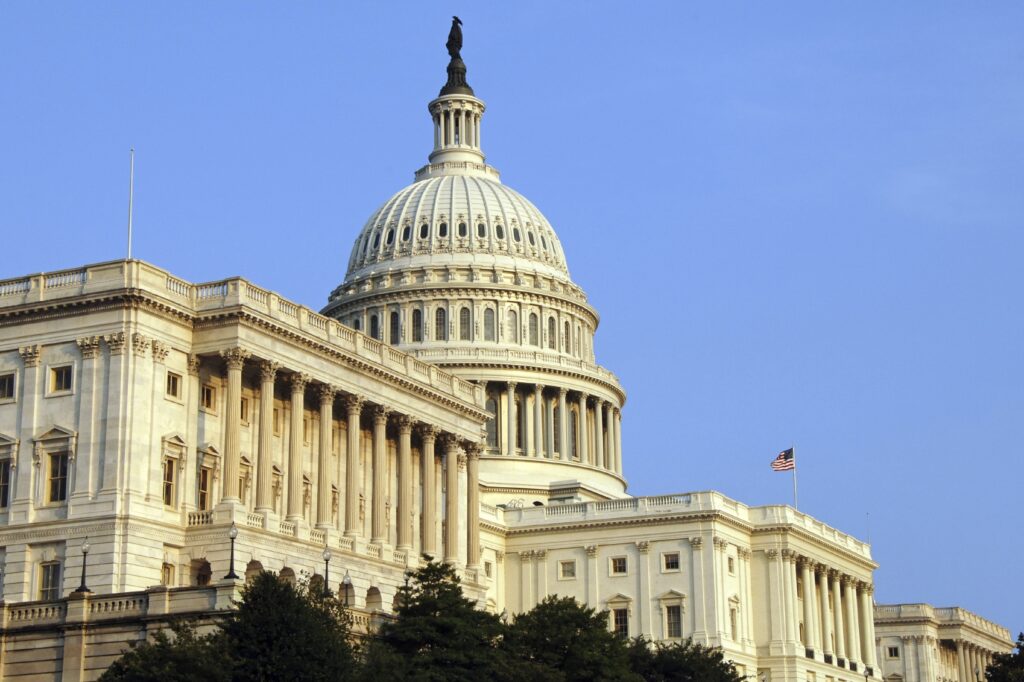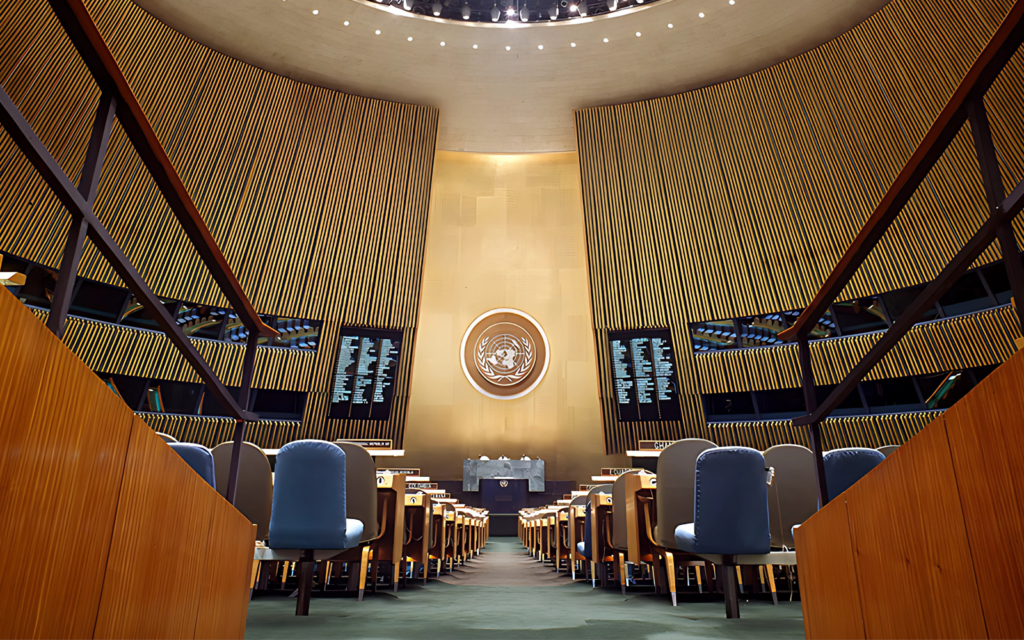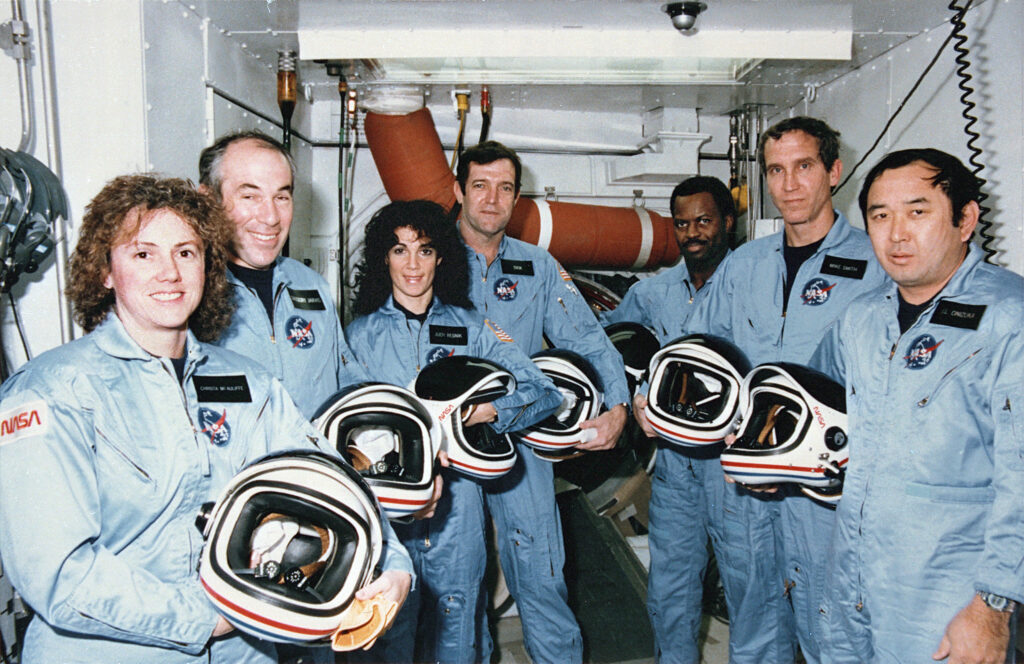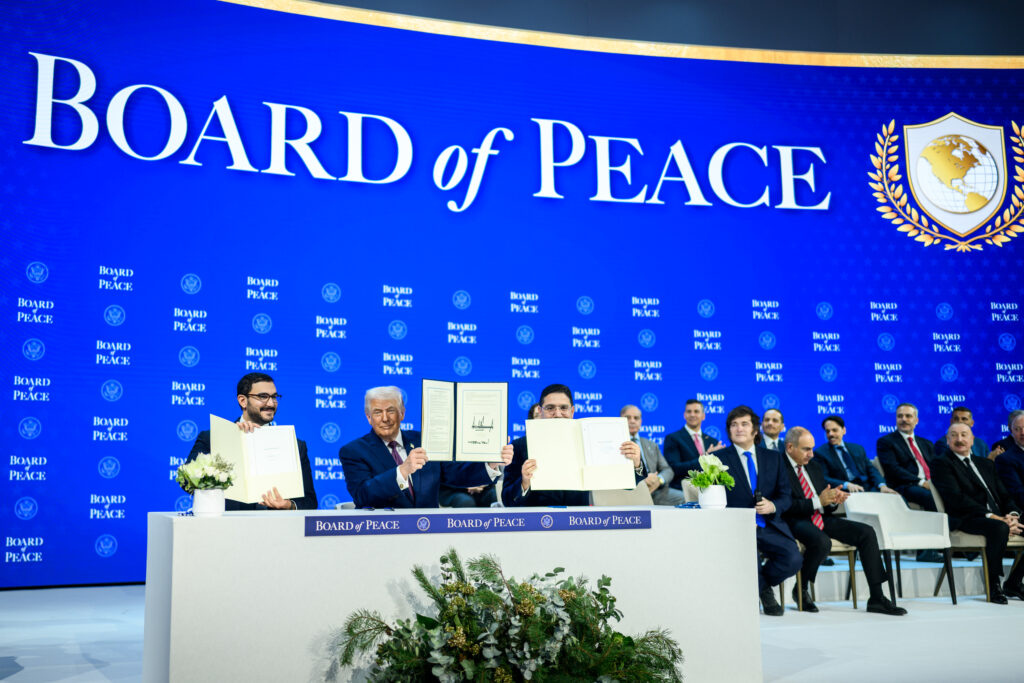By Kathryn Kross
Of the many challenging operations the United Nations undertakes across the world, peacekeeping missions are arguably the most complex. They are as varied as the four continents they span, as intricate as the conflicts that made 14 missions necessary, and as diverse as the 124 countries that contribute troops to the cause.
Imagine then, reforming the system.
That’s what UN Secretary-General António Guterres is working toward with his Action for Peacekeeping initiative, officially introduced during the UN General Assembly Tuesday afternoon after months of consultations with member states, regional partners, and members of the Security Council.
The initiative is founded on a simple proposition: The nature of conflict has changed dramatically since peacekeeping operations began 70 years ago, and peacekeeping missions must adjust accordingly.
“Blue helmets have to face increasingly complex conflicts with multiple adversaries,” Secretary-General Guterres said. “They’re also facing a more fundamental challenge, namely, the gulf between aspirations and reality. Expectations vis a vis peacekeeping have largely surpassed available resources,” he said.
To bring more focus and clarity to missions, the Secretary-General suggests “re-centering” peacekeeping around more realistic expectations while galvanizing support for political solutions. These are the major pillars of the Action for Peacekeeping Initiative. In addition, Secretary-General Guterres hopes to make missions more robust, increase the participation of women in peacekeeping, and improve peacekeeper equipment and training.
Days earlier, the Security Council passed a resolution backed by the United States that focused on a timely and transparent reporting process to address peacekeeper “performance failures,” like the sexual exploitation and abuse scandals that have undercut the effectiveness of peacekeeping missions.
Ambassador Nikki Haley explained, “It creates real accountability for when these failures occur.”
The Action for Peacekeeping Initiative is supported by 145 UN member states, many of whom voiced their support on Tuesday.
Japan’s Minister of Foreign Affairs, Taro Kono, announced that his country would contribute approximately $35 million to train equipment operators and medical personnel, while continuing to appoint female officers to peacekeeping missions. The Prime Minister of the Netherlands, Mark Rutte, thanked the Secretary-General for “sounding the alarm” on peacekeeping and offered to organize a conference in The Hague next year to measure the initiative’s progress. The President of Liberia and the Vice President of Cote d’Ivoire, countries where atrocities against civilians were once commonplace, were also present. Peacekeeping missions in their countries recently closed.
The imperative is clear: The world’s most vulnerable people are depending on the world’s best hope, the United Nations.
“The cost of failure is unacceptable,” the Secretary General recently argued. “We cannot let them down.”
This article originally appeared on the United Nations Foundation’s blog.
